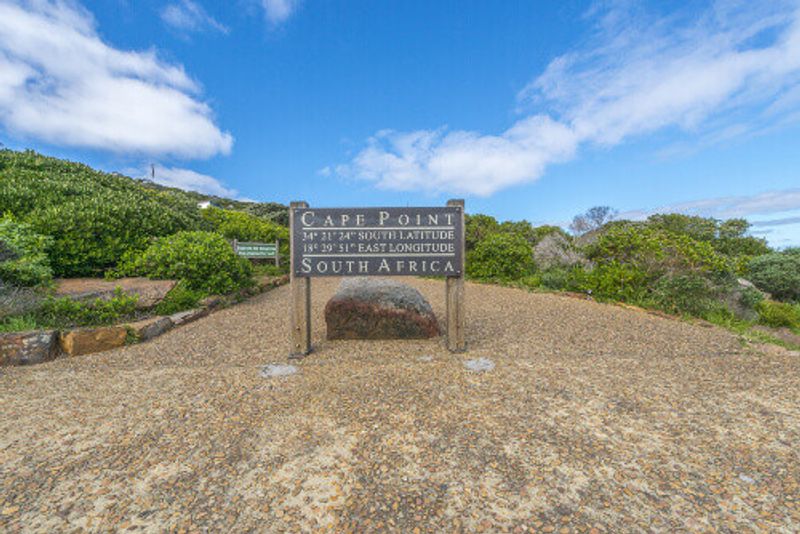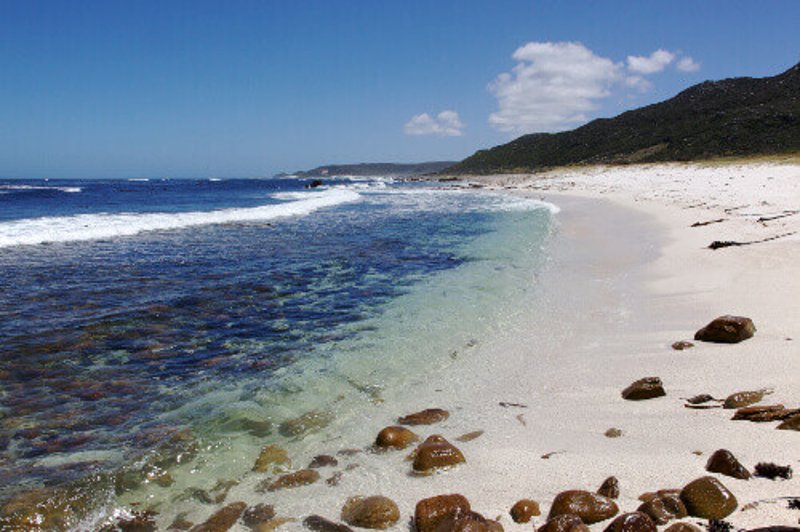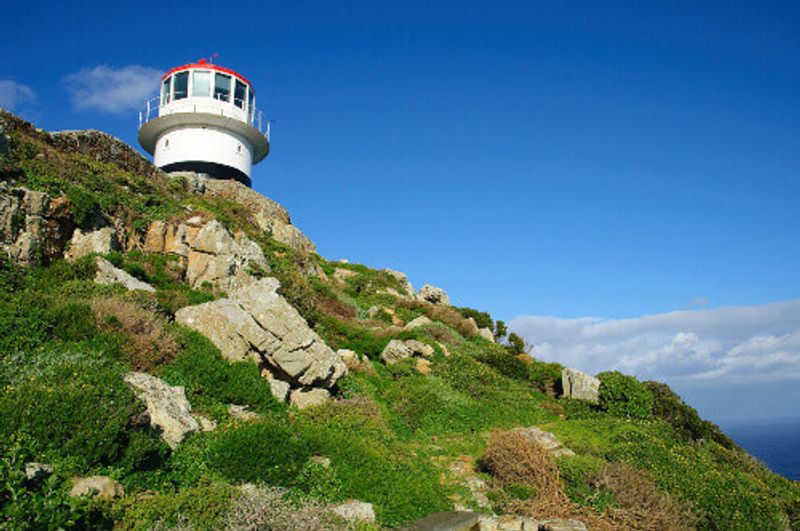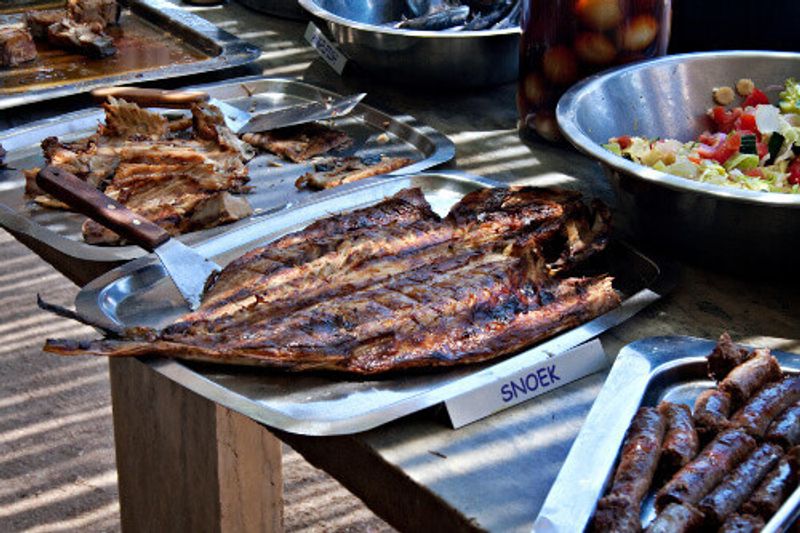Experience the wonder of the world’s smallest floral kingdom next to the sweeping seascapes of the Cape Peninsula
Cape Point, located at the southeastern tip of the Cape Peninsula, offers the best and brightest of South African nature, with a generous side of historic landmarks and delicious local grub. With breathtaking panoramic views, the Cape Point Nature Reserve is actually part of the Table Mountain National Park, which is a UNESCO World Heritage Site under the Cape Floral Region.
This well-preserved area is one of six official 'floral kingdoms' in the world, featuring a dazzling range of diverse, endemic flora and shrubland (fynbos), that cannot be found anywhere else in the world. Cape Point’s peninsular neighbour, the Cape of Good Hope, was once nicknamed the 'Cape of Storms' by Portuguese explorer Bartolomeu Dias when he first sailed through the area in the late 1400s – similarly, Cape Point can have rather turbulent waters because of the conflicting cold and warm currents that meet nearby.
There are a plethora of beautiful, less-known beaches, as well as delightful tide pools that provide safe places for families with kids to explore the shore. Try Buffels Bay for a relaxed day trip, or smaller, more secluded beaches like Dias, Olifantsbos, or Maclear Beach. Because of the unpredictable undertows, even the strongest swimmers should stay out of the ocean, and stick to the tide pools.
Things to do
Visit the first ever lighthouse built on Cape Point in 1859, which was built to help ships navigate around the treacherous waters. However, because of the weather, the lighthouse initially caused more problems because its beacon was often obscured by clouds, storms, and thick fog during the night. Though a new, more powerful lighthouse was built, the old lighthouse currently operates as a monitoring point for other lighthouses in the area, and still provides a fantastic vantage point for unparalleled views of both the Atlantic and Indian Ocean.
If you’re not in the mood to walk, a fun way to get up there is to take the 585 m eco-friendly Flying Dutchman Funicular, named for the legendary ghost ship that supposedly haunts the Cape. Hikers will enjoy the 'shipwreck trail' (named the Olifantasbos trail) to see some impressive historical wrecks along the coastline, including ships from World War 2. Other historical monuments in the area include distinctive memorials left by the explorer, Dias, and his fellow countryman Vasco de Gama.
Things to eat
With bountiful fishing, along the coast, seafood is a no-brainer here, but so is a good DIY braai (barbecue) along the beach – a few popular spots are Tokai, Newlands, and Perdekloof. If you’re keen on firing up your own braai, check ahead to see if you have to provide your own wood. Picnicking is also a popular pastime along the beaches with nearby tidal pools. The main eatery in Cape Point is the aptly-named Two Oceans Restaurant, which also provides takeaway drinks, snacks, and sandwiches for hikers and beachgoers.





